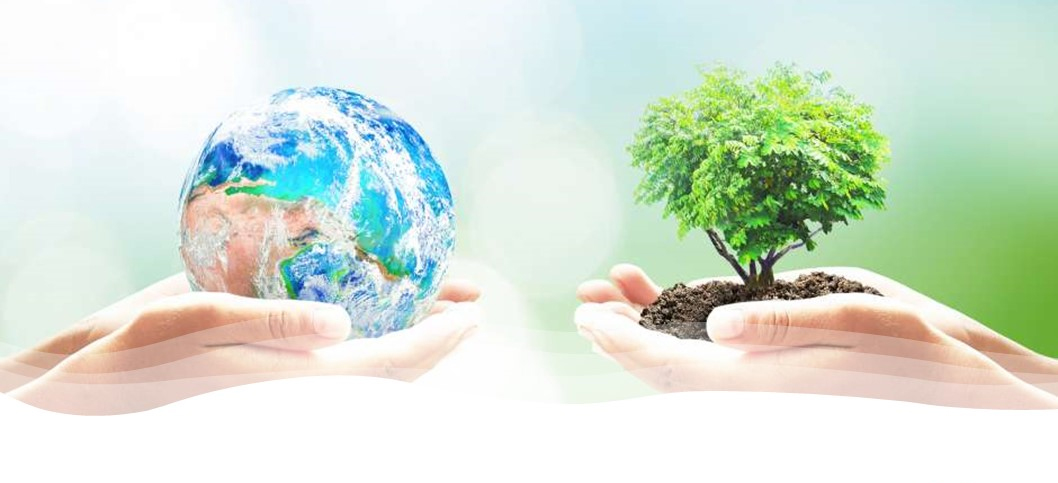If President Boric implements the recommendations made by the United Nations Rapporteur on Human Rights and the Environment before the end of his term, it would be a sign that the urgent appeal of the international community and the historic demands of Chilean civil society have not been added to the list of new sacrifice zones in Chile.
 Juan Carlos Cardenas. Veterinarian, Director Ecoceanos Centre.
Juan Carlos Cardenas. Veterinarian, Director Ecoceanos Centre.
April 22nd, 2024
World Earth Day is an opportunity to think about the environmental situation in Chile, where a low-intensity democracy, restricted and protected by the neoliberal political and economic model, has declared war on Nature and on the human and social rights of citizens, local communities and native peoples.
This critical scenario was denounced by the report of David Boyd, United Nations Special Rapporteur on Human Rights and the Environment during the 55th Session of the Human Rights Council, held between March 26 and April 5, 2024. The report points out that Chile faces multiple interconnected environmental crises that violate human rights, highlighting the existence of “sacrifice zones” in its national territory.
Terrestrial and aquatic biodiversity is decreasing at an unprecedented rate globally. In Chile, it is estimated that 63% of the 1,433 classified terrestrial species are endangered, while 50% of these ecosystems are under some degree of threat.
In the marine sector, 53% of commercial fisheries (28) are overexploited and collapsed. There are another 19 fisheries in which the State has not yet established biological reference points (BRP) that would allow us to determine their abundance rates and conservation status. In addition, there is a massive and unsustainable legal and illegal extraction of kelp forests along the extensive Chilean coastline. According to the National Fisheries and Aquaculture Service, between 2010 and 2020, 4.4 million tons of algae would have been landed in our country, making Chile one of the world’s main exporters of these species that make up key ecosystems to sustain life, productivity and nutrient cycles in the oceans.
Algae meadows, in addition to capturing 40% of the CO2 emitted by human activity, produce more than 50% of the oxygen released annually into the atmosphere. It is important to note that this devastation is occurring as our seas become warmer and more acidic, while becoming saturated with plastic, chemical and organic pollutants.
As a corollary of this ecocidal development model that has been applied for 50 years in our country, on May 15 Chile will be the first Latin American country with “ecological overshoot”, having exhausted its natural capital this year.
Green government, green washing and ecocide
In response to the current social and environmental crisis, the so-called ecologist government of President Gabriel Boric is trying to put on a “green and blue” make-up for mining, forestry and fishing-salmon farming extractivism, and a questionable energy transition, promoting mitigation and adaptation policies, where false solutions that only deepen social inequity and ecocidal corporate practices predominate.
At the international level, the Trans Pacific Economic Cooperation Agreement (TPP 11) was ratified, while negotiations to modernize the Free Trade Agreement with the European Union were closed, and 13 agreements were signed with China, including a protocol for the entry of fresh Coho salmon. Chile produces 90% of this species introduced in our country. These agreements will continue to tie our country to its role as an exporter of natural capital in the colonial, inequitable and asymmetrical global economic system, demonstrating that we are facing a government that continues the neoliberal policies of previous administrations.
Protecting life on the planet, the territories, as well as the human rights of environmental defenders, citizens and communities, requires an organized society and the action of socio-environmental movements autonomous from the governments in power, business interests and political parties, to advance in the construction of a new civilizing paradigm, democratic, non-anthropocentric and decentralizing, based on the strengthening of a diverse and multicultural social fabric, whose base is an informed, educated, participatory people with cultural identity.
The fact that President Boric implements the recommendations made by the United Nations Rapporteur on Human Rights and the Environment before the end of his term would be a sign that the urgent appeal of the international community and the historic demands of Chilean civil society have not been added to the list of new sacrifice zones in Chile.





